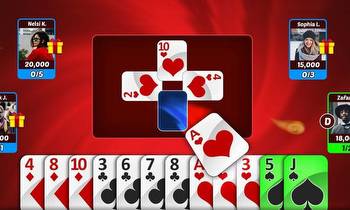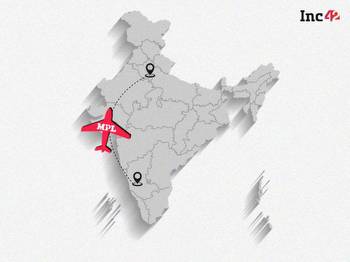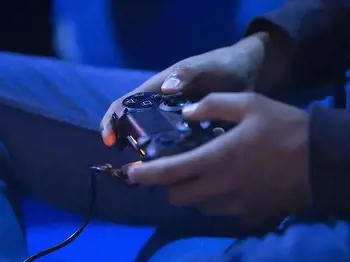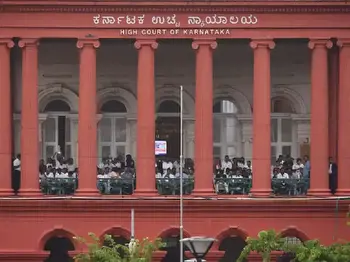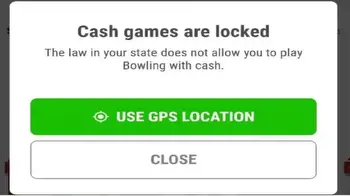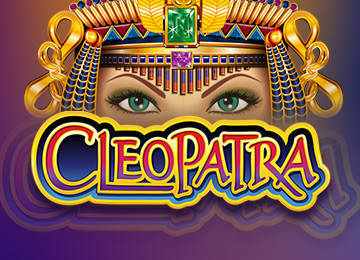Karnataka HC strikes down state's online gambling law as unconstitutional

The petitions challenged the constitutional validity of amendments made to the Karnataka Police (Amendment) Act that had banned all forms of online gaming where transfer of money is involved.
February 14, 2022 / 11:32 AM IST
Representative image.
The Karnataka High Court, on February 14, struck down the state's recent online gambling law as unconstitutional, providing a major relief to the skill-based gaming firms that had shut down operations in the state.
This judgement will likely pave the way for fantasy sports and gaming fifirms such as Dream11, Mobile Premier League, Games24x7 (RummyCircle, My11Circle), and Ace2Three make a comeback in the state. They had suspended operations in October last year.
The Karnataka High Court had on December 22 reserved its judgement after concluding the hearings from a series of petitioners that included industry associations, gaming companies and individuals who had challenged the constitutional validity of the state's new online gambling law that came into effect on October 5.
Skill gaming industry body All India Gaming Federation (AIGF), self-regulatory fantasy sports industry body Federation of Indian Fantasy Sports (FIFS), real-money gaming firms Mobile Premier League (MPL), Games24x7, A23(Ace2Three), Junglee Games, Gameskraft and Pacific Games, are among the dozen petitioners who had moved the high court against the law.
These petitions had challenged the constitutional validity of amendments made to the Karnataka Police (Amendment) Act that had banned all forms of online gaming where transfer of money is involved.
The case was initially heard by a single-judge bench of Justice Krishna S Dixit and was later transferred to a division bench comprising Dixit and Chief Justice Ritu Raj Awasthi. On December 22, the bench told the parties they can file written submissions for any further arguments.
The petition was initially listed for interim relief but was later heard for final arguments following a consensus among counsel appearing for the petitioners as well as the state's Advocate General appearing for the respondents, since the arguments had advanced at length.
The state's amendment came after a public interest litigation was filed in the high court seeking a ban on online gambling. It removed the distinction between the game of skill and game of chance, thereby bringing skill-based gaming startups under its purview.
With growing internet penetration and a young population, gaming is growing popular in India. The country had around 80 million real-money gamers in 2020, a number expected to grow to 150 million by 2023, according to an EY-All India Gaming Federation report.
The industry will be worth $2 billion by 2023 in terms of rake fees earned, the report said.
However, several states like Andhra Pradesh, Telangana, Tamil Nadu and Kerala have banned or tried to ban real-money games over the past year.
The Madras High Court had struck down the suspension order in August while the Kerala High Court recently overturned a similar order by the state government. Tamil Nadu has now approached the Supreme Court to restore the ban. Meanwhile, the apex court had upheld fantasy sports as a game of skill in July this year.
Moneycontrol was the first to report on October 6 that gaming platforms, including MPL, Games24x7 (RummyCircle, My11Circle), Ace2Three, and RummyCulture, had started blocking access to residents in Karnataka.
Fantasy sports major Dream11 said it suspended operations in the state on October 10, shortly after a police case was filed against cofounders Harsh Jain and Bhavit Sheth over the continued operations of its platform. Moneycontrol however reported on October 24 that Dream11 has stopped allowing only those users in Karnataka who have a bank account within the state, from entering paid contests on the platform.
Dream11 co-founders also moved to the Karnataka High Court in a separate case in October 2021, alleging in their petition that the case was registered on the basis of “bald and vague allegations” made by the complainant, at the behest of its business competitors with a “mala fide intention of brushing the colour of gambling, betting and wagering to the activities of fantasy sports” carried out on the Dream11 platform.
On October 28, the Karnataka High Court had directed the state government not to take any coercive action against the Dream11 duo over the state’s online gambling law that came into effect on October 5. However, it had noted this order does not stall the investigation. The case is currently pending until the next hearing date.





















